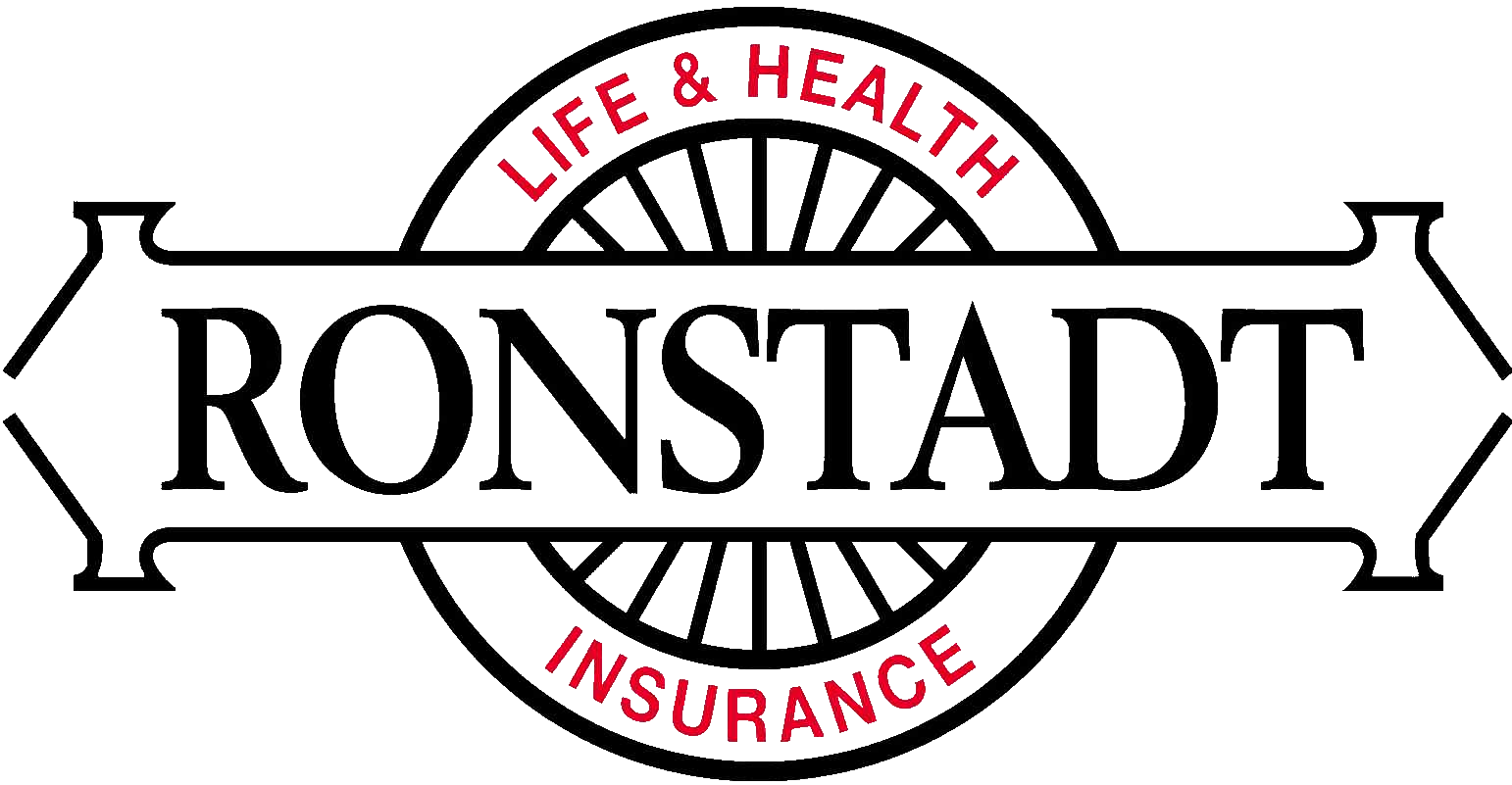AI Self-Diagnosis Mistakes to Avoid
The document provides a cautionary guide on the responsible use of artificial intelligence (AI) for health-related information, emphasizing that these tools are not a substitute for professional medical care. It primarily focuses on the significant risks of using AI for self-diagnosis, noting that AI lacks the ability to consider complete medical history, understand symptomatic nuances, or perform physical exams, which can lead to misinterpretations and inaccurate suggestions. The text also outlines several beneficial uses for AI in health, such as improving health literacy by explaining complex terms and guiding users toward reputable public health sources for general information. Crucially, the source details specific mistakes to avoid, including relying on AI for mental health support, using it to self-prescribe treatments, or consulting it during medical emergencies. Ultimately, the guide advises readers to always consult a licensed health care provider for diagnoses, treatment, and personalized medical advice.

















